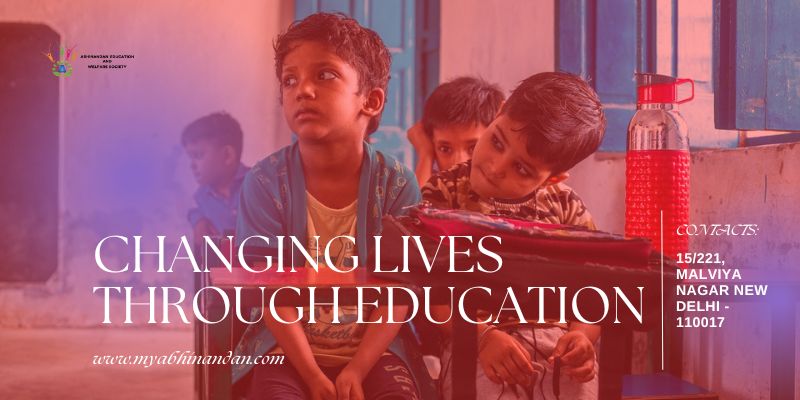Education is a fundamental right that has the power to transform lives and shape the future of individuals and societies. However, not everyone has equal access to quality education. In many parts of the world, poverty, conflict, and other barriers prevent children and adults from receiving the education they need to break the cycle of poverty and achieve their full potential. Non-Governmental Organizations (NGOs) play a pivotal role in bridging this gap and changing lives through education. In this article, we will explore why donating to NGOs that focus on education is crucial in making a positive impact on society.
Equal Opportunity:
NGOs often operate in regions where governmental resources are limited, and they strive to provide educational opportunities to underserved communities. By donating to NGOs, you can help level the playing field and ensure that every child welfare, regardless of their background, has a fair shot at a quality education.
Breaking the Cycle of Poverty:
Education is a proven tool for breaking the cycle of poverty. People with access to education are more likely to find stable employment, escape from poverty, and provide a better future for their families. NGOs working in education empower individuals to improve their economic prospects and contribute to the overall well-being of their communities.
Fostering Empowerment:
Education not only imparts knowledge but also empowers individuals to make informed decisions about their lives. It equips people with critical thinking skills, helps them become active citizens, and enables them to advocate for their rights. By supporting NGOs, you are contributing to the empowerment of individuals and communities, leading to positive social change.
Improving Health and Well-being:
Education is closely linked to better health outcomes. Informed individuals are more likely to make healthier choices and access essential healthcare services. NGOs that focus on education often incorporate health and hygiene components into their programs, leading to healthier communities and saving lives.
Promoting Social Harmony:
Education promotes tolerance, understanding, and social cohesion. By supporting NGOs that provide education, you contribute to fostering an environment where people from diverse backgrounds can come together, learn about one another, and work toward a more harmonious society.
Addressing Global Challenges:
Global issues such as climate change, poverty, and conflict require informed and educated citizens to find sustainable solutions. NGOs that focus on education help build the intellectual and moral capacity needed to tackle these complex problems on a local and global scale.
Sustainable Development:
Education is a cornerstone of sustainable development. By supporting NGOs that prioritize education, you are contributing to the achievement of the United Nations Sustainable Development Goals, particularly Goal 4, which calls for quality education for all.
Amplifying Impact:
Donating to NGOs allows you to leverage your resources. NGOs often have the expertise, local knowledge, and networks needed to make a meaningful and lasting impact. Your contribution, no matter how small, can be multiplied through the effective work of these organizations.
Conclusion:
Donating to NGOs working on education is not just an act of charity; it is an investment in a brighter and more equitable future for individuals, communities, and the world. The role of NGOs in changing lives through education is paramount, and your support can make a profound difference in the lives of those who need it most. When you donate to such organizations, you become a partner in the transformative journey of education, helping individuals unlock their potential and build a better world for all.



